Are you looking to streamline your subcontractor selection process? Understanding the criteria for evaluating subcontractors is crucial in ensuring you partner with the right professionals who align with your project's needs. By establishing clear evaluation standards, you can enhance project efficiency and minimize risks. Ready to dive deeper into the specifics of creating an effective letter template for subcontractor evaluation criteria? Keep reading!

Quality of Work
Quality of work in subcontractor evaluation encompasses several key factors that can significantly impact the overall success of a construction project. Adherence to industry standards (e.g., ISO 9001 for quality management), craftsmanship, and precision in the execution of tasks are essential indicators of quality. The use of high-grade materials, such as ASTM-certified steel or eco-friendly building products, also contributes to the durability and longevity of the work performed. Comprehensive inspections throughout the project phases (pre-construction, during, and post-completion) are critical to ensure compliance with project specifications and codes (local building codes and regulations). Feedback from previous clients about satisfaction and performance, coupled with warranties or guarantees offered (generally ranging from one to five years), can provide further insight into a subcontractor's reliability and competency. Additionally, safety records and certifications (e.g., OSHA compliance) reflect the subcontractor's commitment to maintaining a secure work environment while delivering high-quality results.
Timeliness and Reliability
Timeliness and reliability play crucial roles in subcontractor evaluation, particularly in construction projects. Timeliness refers to the subcontractor's ability to meet deadlines established in contracts, impacting overall project schedules. A reliable subcontractor adheres consistently to agreed-upon timelines, ensuring that tasks are completed as planned. Delays can lead to increased costs and project setbacks, thus affecting overall client satisfaction. Reliability encompasses not only punctuality but also the quality of work delivered; a dependable subcontractor will maintain high standards and fulfill commitments consistently. Evaluating these criteria involves assessing past performance records, including completion dates and communication efficiency, to ensure alignment with project goals and deliverable timelines.
Communication and Collaboration
Effective communication and collaboration between subcontractors and primary contractors are crucial for successful project execution in construction and various industries. Clear and timely exchanges of information enhance teamwork and prevent misunderstandings that could lead to project delays. Regular updates through tools such as project management software (like Trello or Asana) facilitate coordination among teams. Scheduled meetings or site visits foster a collaborative environment and ensure all parties remain aligned with project objectives. Additionally, maintaining open lines of communication often leads to quicker issue resolution, which minimizes downtime and keeps progress on track, ultimately impacting project success ratings positively.
Compliance with Safety Standards
Evaluating subcontractor compliance with safety standards involves assessing adherence to regulations set by agencies such as the Occupational Safety and Health Administration (OSHA) in the United States. All subcontractors must provide documentation of certifications, training records, and safety program details. Key safety metrics include the total incident rate (TIR), which reflects the number of workplace injuries and illnesses per 100 full-time workers, and the lost time injury frequency rate (LTIFR), highlighting the severity of incidents. Additionally, successful compliance verification may require site inspections, personal protective equipment (PPE) usage adherence, and emergency preparedness plans. Timely reporting of incidents and the accuracy of safety audits conducted by third-party firms serve as essential factors in evaluating a subcontractor's commitment to maintaining a safe working environment.
Cost Management and Budget Adherence
Cost management and budget adherence are critical components when evaluating subcontractor performance in construction projects. Effective cost management encompasses accurate cost estimation, monitoring expenses, and ensuring that financial resources align with project objectives. A well-defined budget serves as a guideline for subcontractors, reflecting the financial framework of the project. Regular budget reviews, with documented variance analysis, enable proactive adjustments to keep expenditures in check. Furthermore, communication regarding potential cost overruns and implementing corrective measures are vital for maintaining financial integrity. Evaluating subcontractors based on their ability to deliver quality work while adhering to the allocated budget informs about their financial reliability and contributes to the overall success of the project.

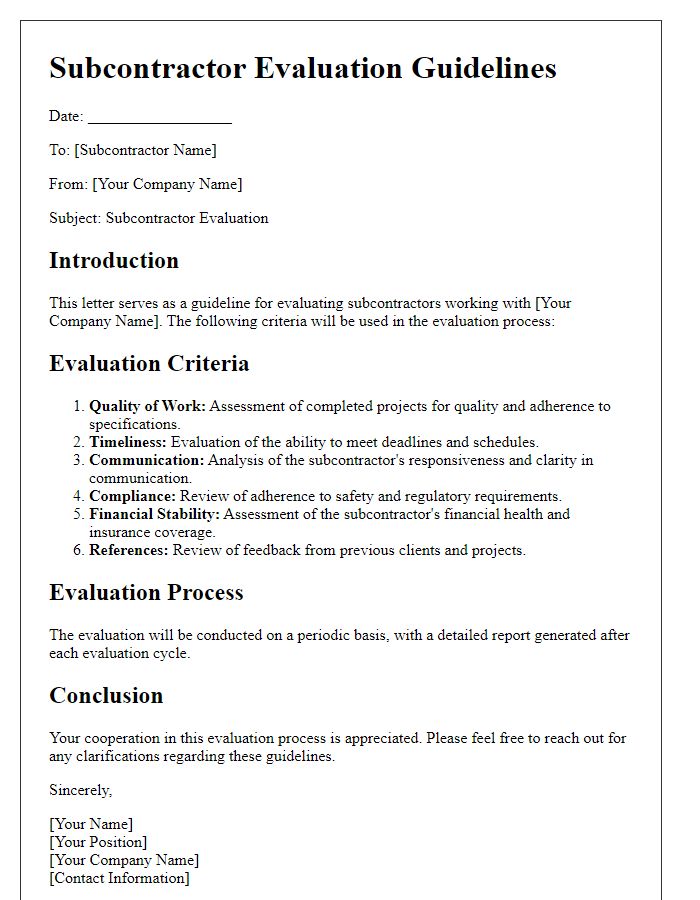
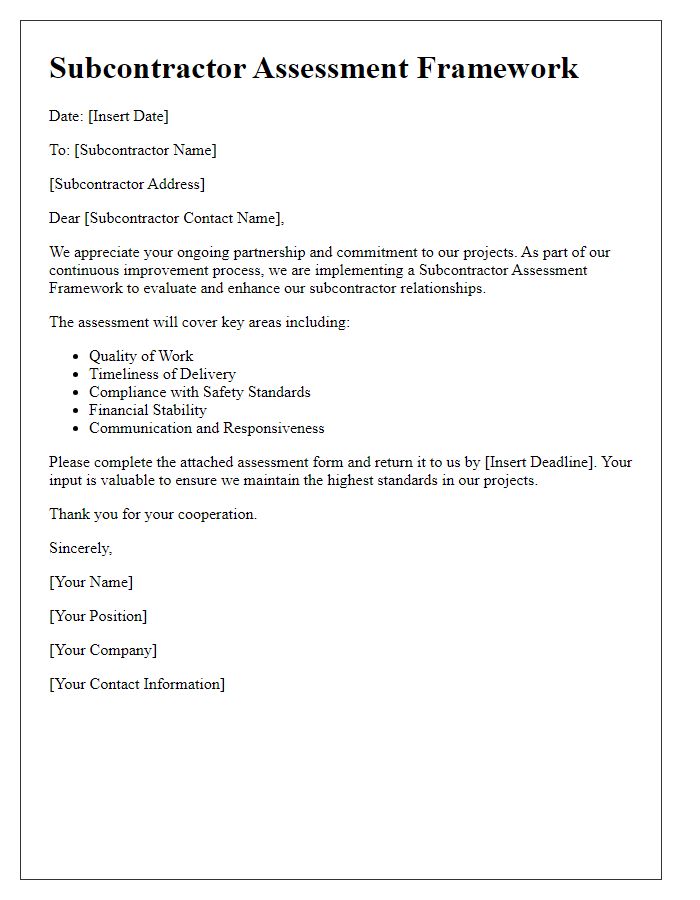
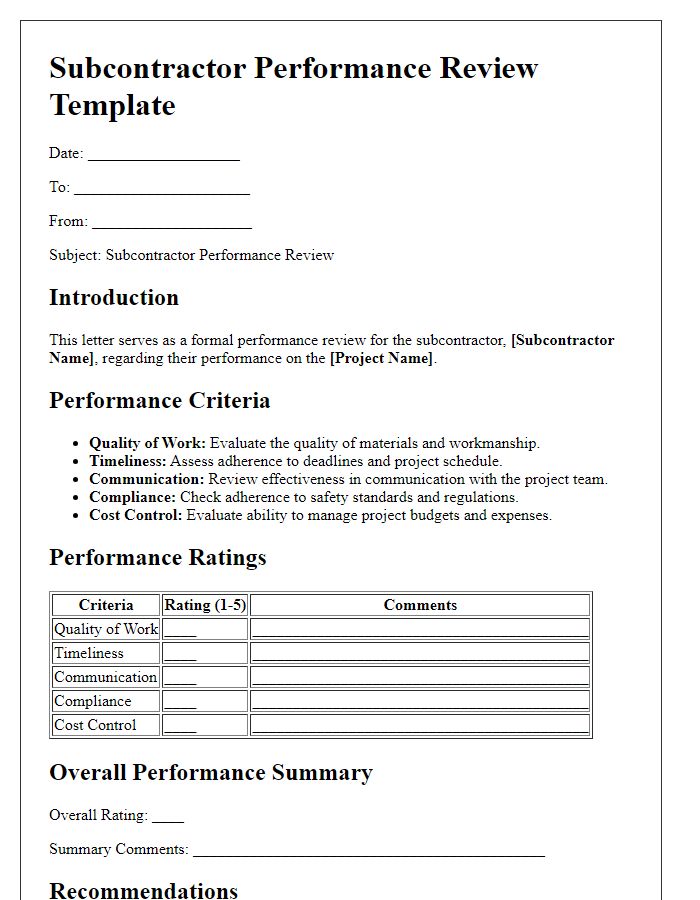
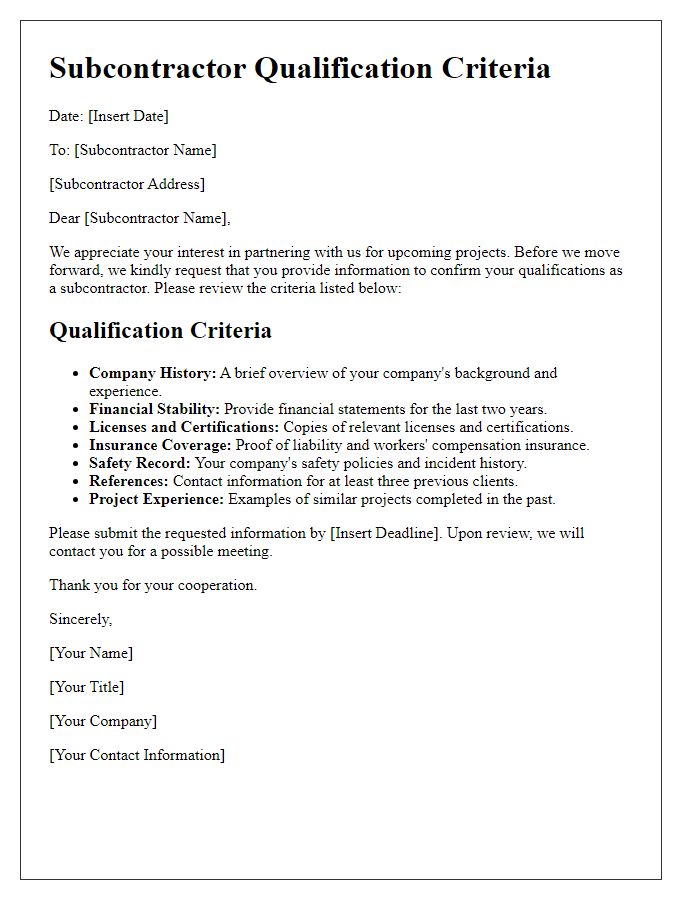
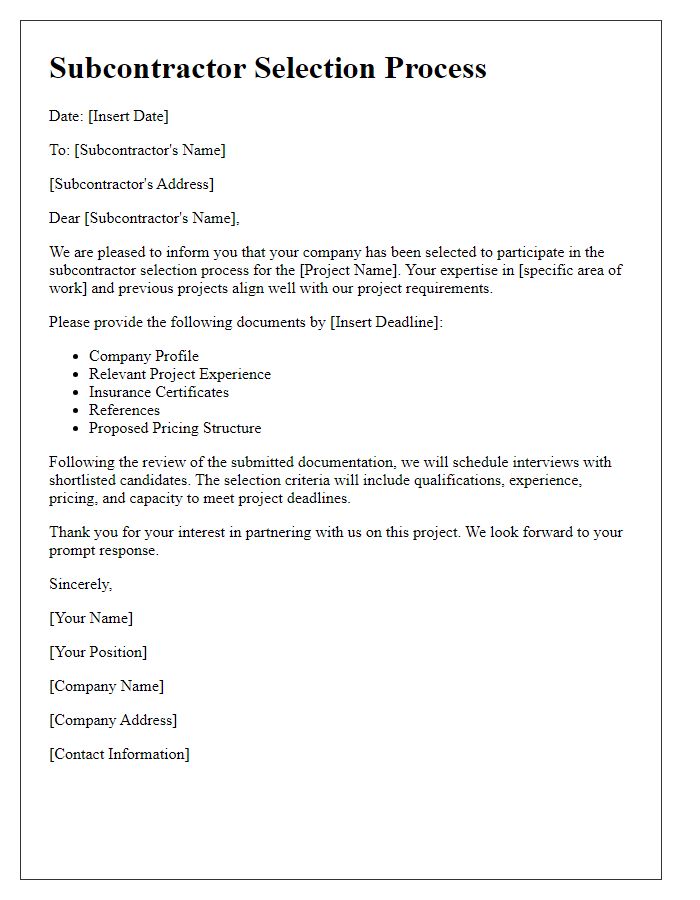
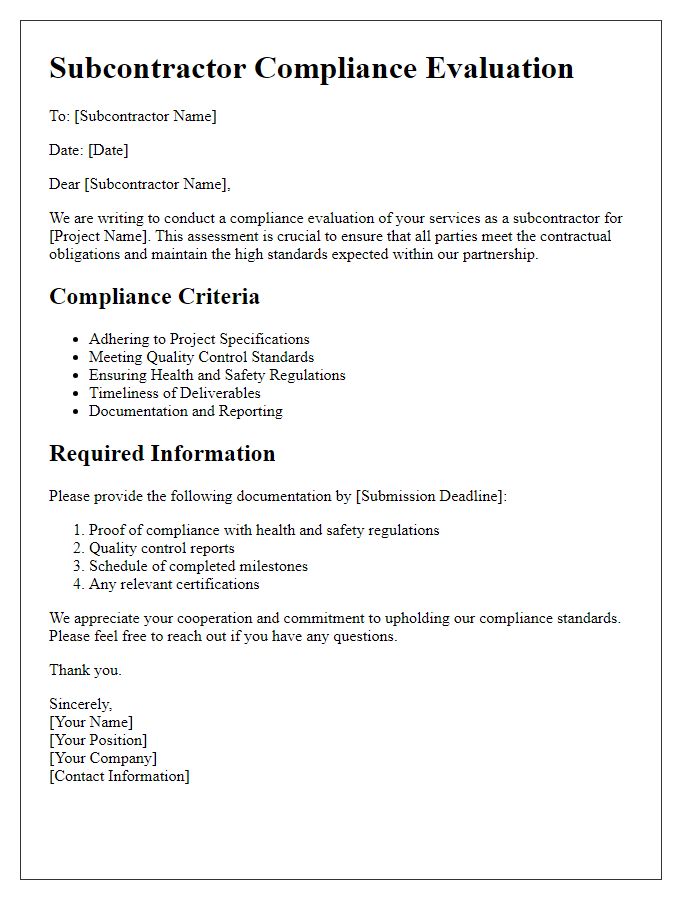
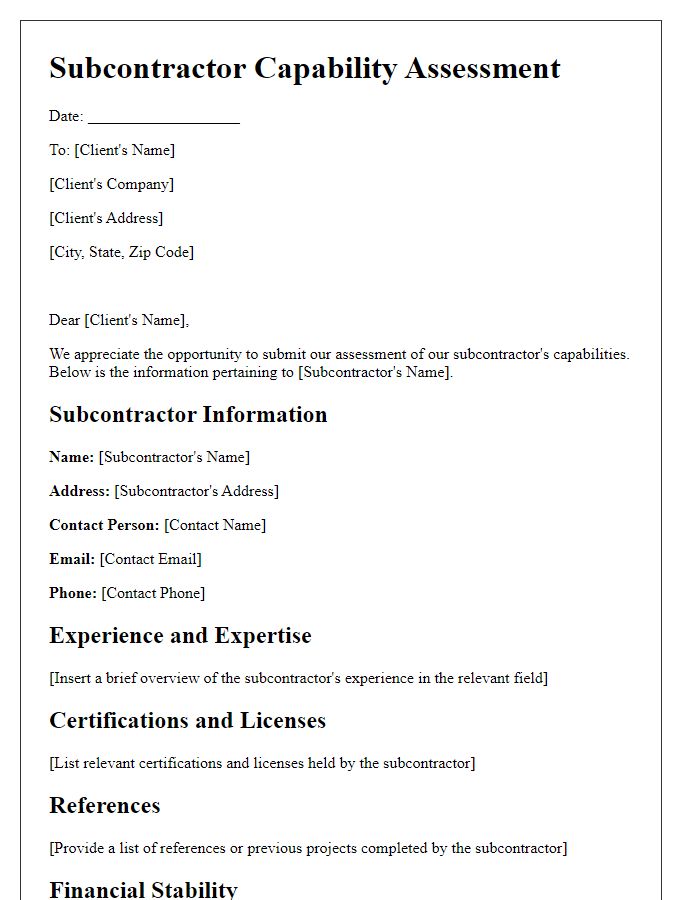
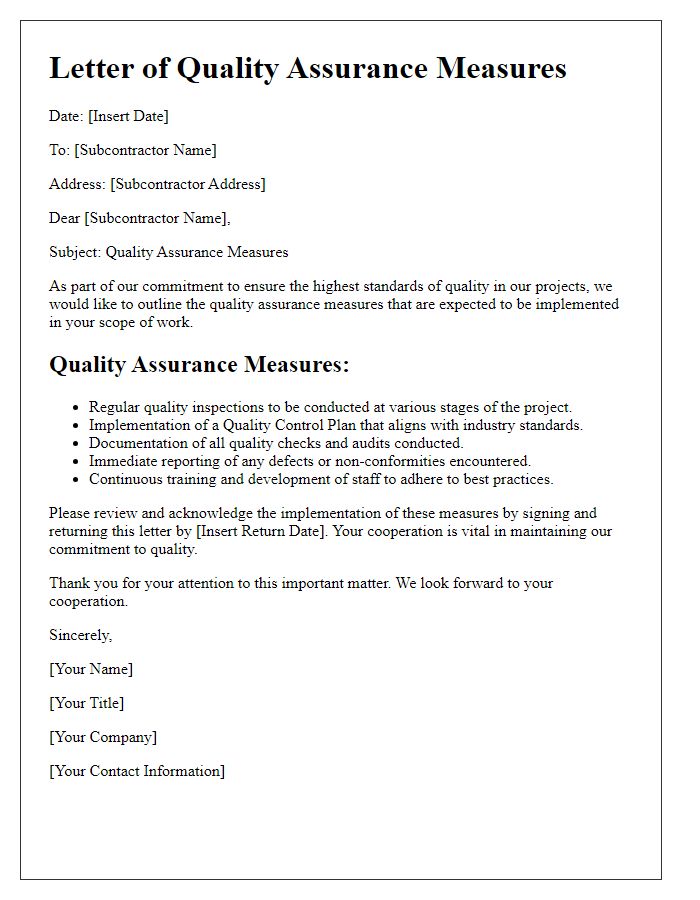
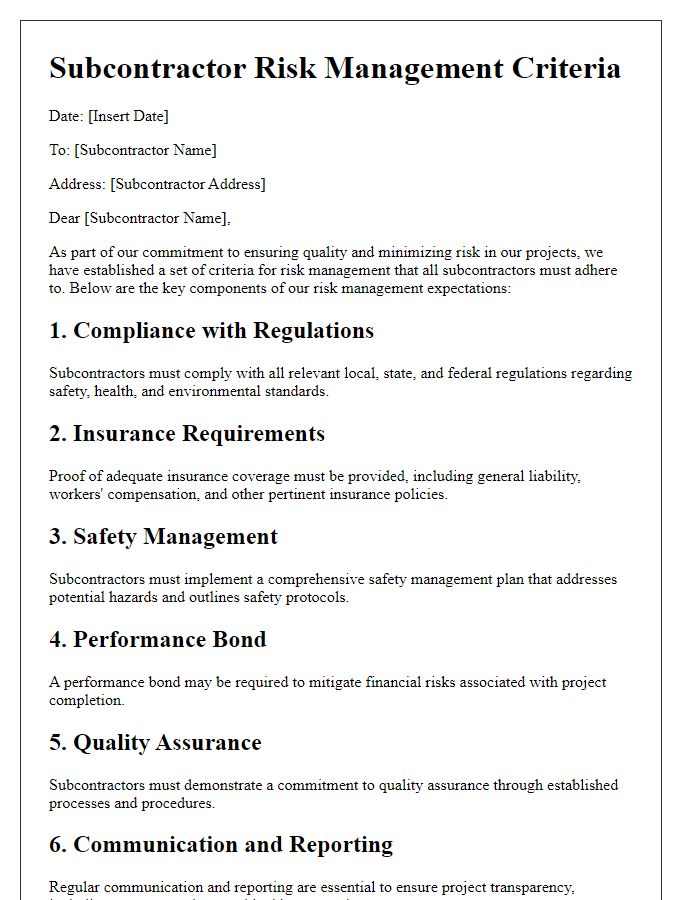
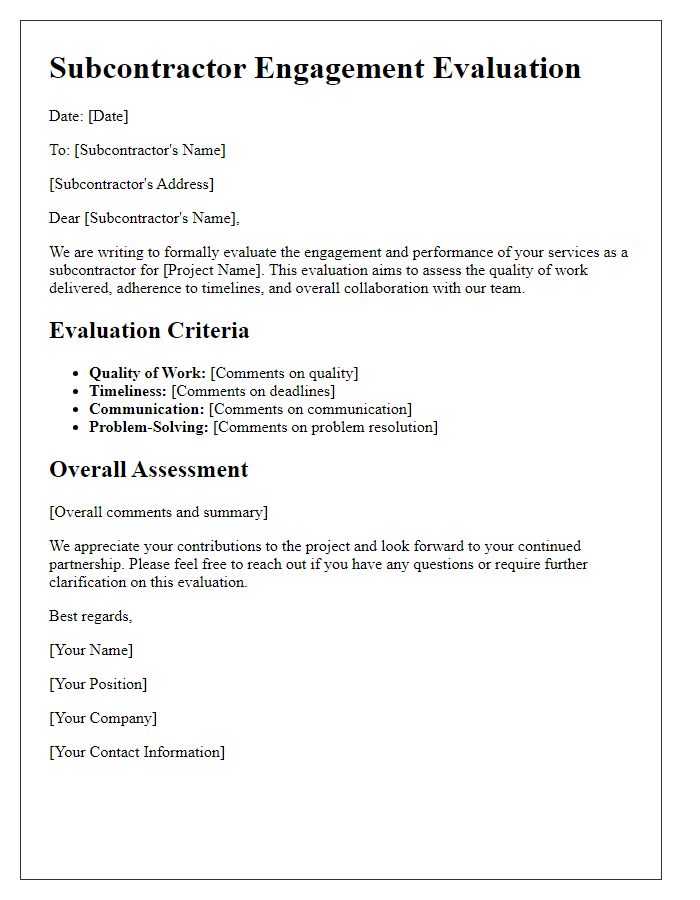


Comments